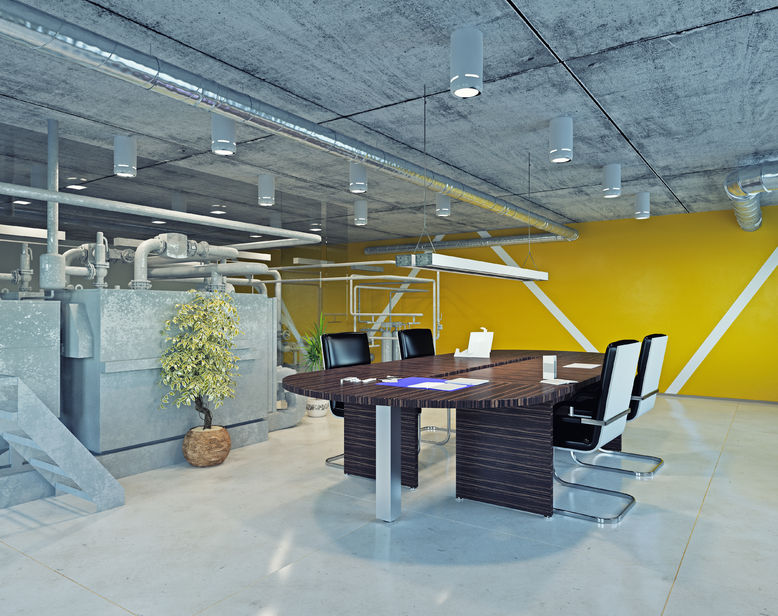
Shared office spaces, also known as co-working spaces, have become popular among young entrepreneurs and creative professionals. They can also be ideal for young and entrepreneurial financial advisors.
If you’re in the early stages of building your book, says Richard Heft, president of Ext. Marketing Inc. in Toronto, a co-working space can be an economical alternative to setting up your own office. While sharing space and some office equipment with others, you will be able to work from a professional business address at a fraction of the cost of a private office. And what your shared space may lack in privacy, it can more than make up for in networking opportunities.
“I’m a fan of the shared office space because it gets you set up faster,” Heft says. “If you want to meet people, there are a lot of people coming and going.”
And if you’re conscious about the optics of sharing amenities with other tenants, it’s all about how you position the situation to clients, he adds. Perhaps you’re out of the office meeting with clients and prospects most days and don’t need much space. Or you can say your shared space enables you to broaden your professional circle.
Over time, many businesses end up outgrowing their co-working space, as their staffing needs increase and more clients pass through the office. Still, a co-working space might be right for you.
Here are a few things to consider when deciding whether to set up shop in a co-working space:
> Pooled resources
There are obvious drawbacks to running a business out of a shared space, such as limited control over office aesthetics, privacy and noise concerns. But it also buys you several advantages, especially if you’re starting out.
For one, it reduces the cost of furnishing and renting an entire office suite complete with a kitchen, meeting room and reception area. Most co-working spaces offer access to boardrooms, which can be booked in advance, Heft says. And you can hold off on making some purchases, such as printers, copiers and presentation equipment, because these items are often provided.
> Flexibility and mobility
Unlike conventional office buildings, co-working spaces typically don’t hold you to a long-term commitment. Contracts are short enough to give you the option of testing the space out and don’t lock you in for several years. In conventional office buildings, Heft says, there’s often a steep penalty if you break the lease.
> Expansive network
Under one roof, you can brush elbows with people from various fields. Co-working spaces generally have more of a communal vibe than most offices and are designed to encourage interaction. You and your neighbours are more likely to strike up conversations and exchange information about each other’s work.
Your work space could provide built-in centres of influence — beyond the usual orbit of tax accountants, lawyers and fintech entrepreneurs. Freelance graphic designers and marketing professionals, for example, often use co-working spaces. You can collaborate with these professionals, who might even help you expand your client base.
Photo copyright: vicnt/123RF